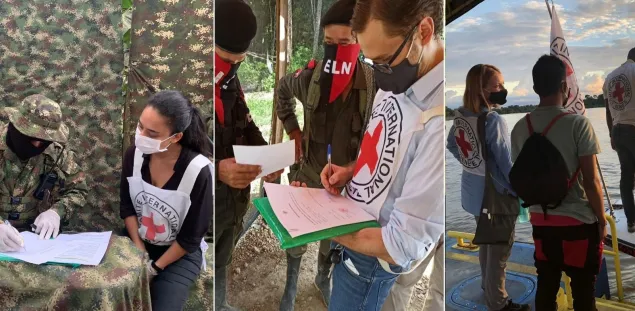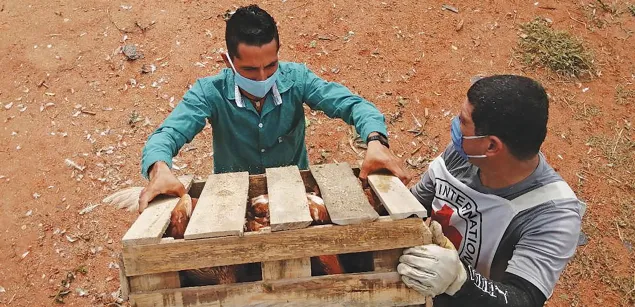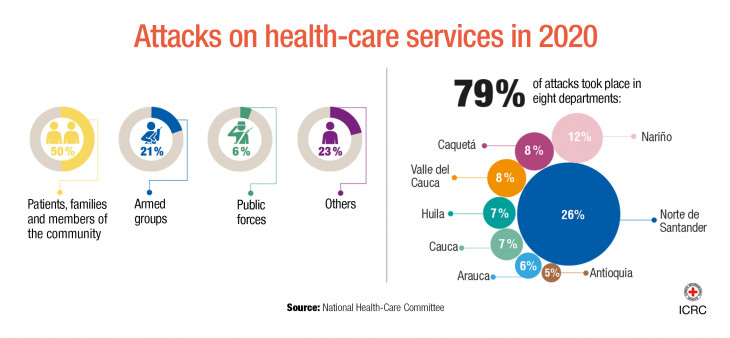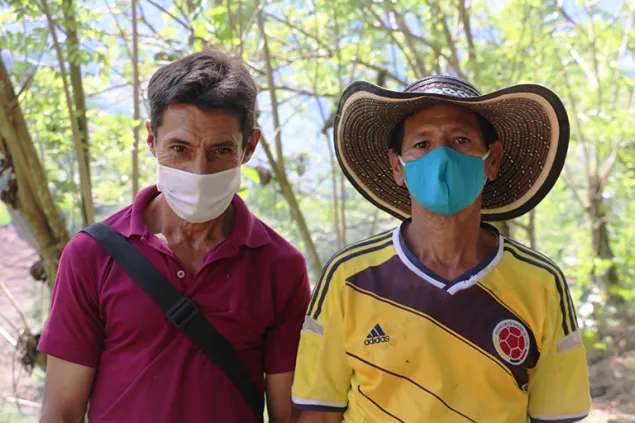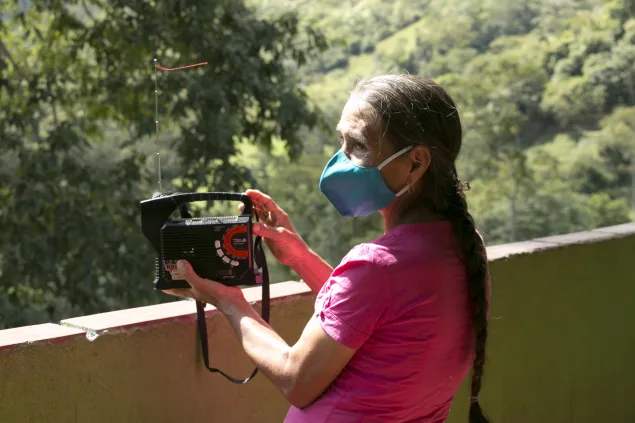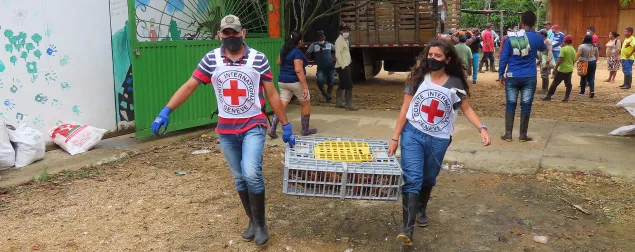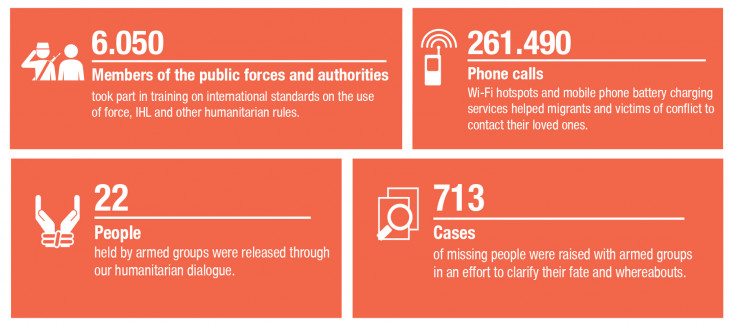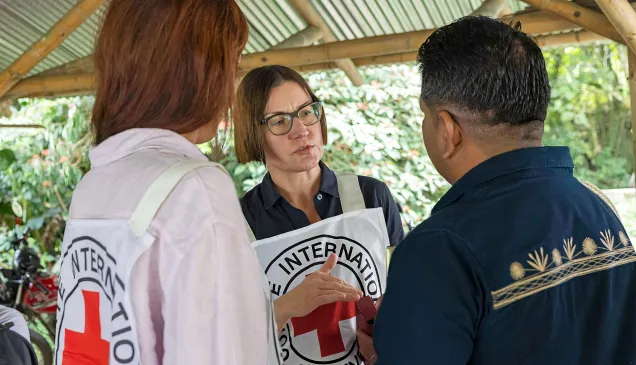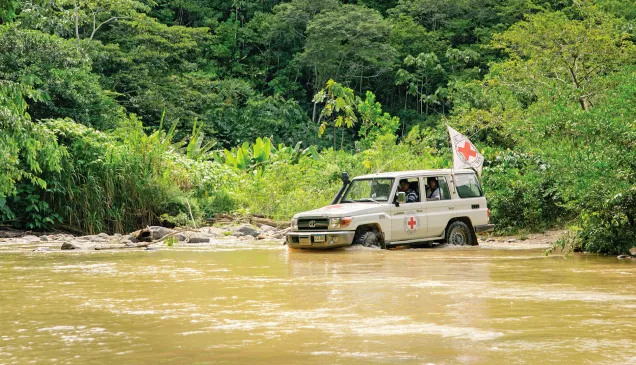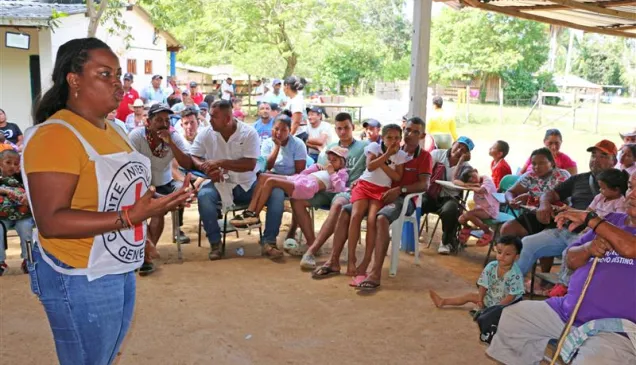There are at least five ongoing non-international armed conflicts that continue to affect the daily lives of Colombia's civilians and their ability to live in dignity.
The ICRC considers the parties to these conflicts to be the Republic of Colombia, the National Liberation Army (ELN), the Popular Liberation Army (EPL), the Gaitanistas Self-Defence Forces (AGC), and the structures of the former Revolutionary Armed Forces of Colombia – People's Army (FARC-EP) that did not join the 2016 Final Agreement and operate under a centralized command (Fronts 1, 7 and 40 – Coordinating Command of the West).
The COVID-19 pandemic has heightened fear among communities affected by violence, not only because they fear the virus itself and have witnessed its impact on thousands of families but, with the passing months, they have found themselves without protection amid worsening armed violence.
We recognize and admire the resilience of people living in places affected by armed conflict and violence. They refuse to give up and they work towards a brighter future despite their circumstances.
read more: Colombia, plunged into isolation by pandemic and conflict


